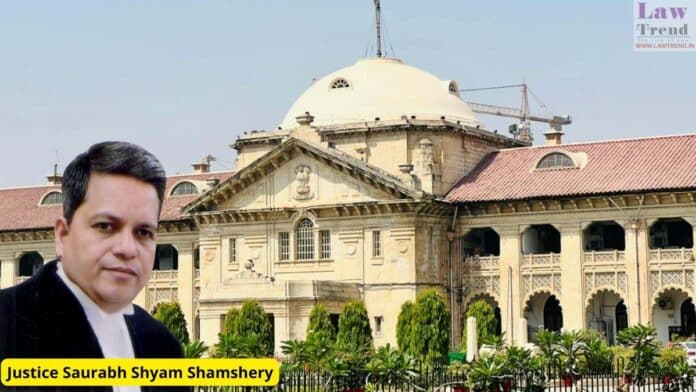The Allahabad High Court has ruled that a confessional statement allegedly made to the police cannot be the sole basis for imposing a major penalty like dismissal in a departmental proceeding. In a case involving a State Bank of India (SBI) employee dismissed over a Rs. 55 lakh fraud, the Court, finding a complete lack

To Read More Please Subscribe to VIP Membership for Unlimited Access to All the Articles, Download Available Copies of Judgments/Order, Acess to Central/State Bare Acts, Advertisement Free Content, Access to More than 4000 Legal Drafts( Readymade Editable Formats of Suits, Petitions, Writs, Legal Notices, Divorce Petitions, 138 Notices, Bail Applications etc.) in Hindi and English.
Click to Subscribe
If you are already a VIP Member, Click to Login Now
READ ALSO No Woman Can Be Forced to Undergo Virginity Test: Chhattisgarh HC Upholds Right to Dignity




